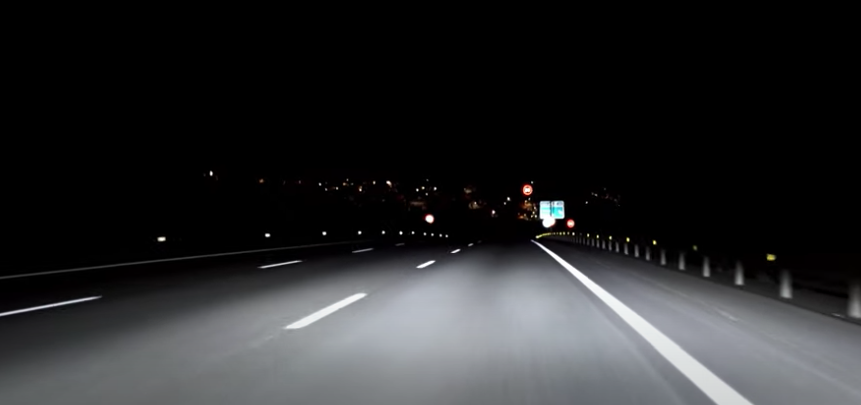.
Driving when tired is deadly. It’s a killer. However, so many people do it. So many otherwise law-abiding drivers get behind the wheel when they are really very tired. You may think as you’re not actively “doing” anything obviously “offensive”, such as gross speeding, drink driving, committing acts of road rage, you’re ok. You’re not ok. While it’s normal to feel tired after a day of work, or after a long drive, you need to be aware of the horrific consequences of driving when too tired.
What is too tired?
.
It’s not realistic to ask every driver to take a nap before they drive back from work after a hard day. Equally, it’s dangerous to say it’s ok to drive when tired. So what is “too tired”? Only you will know this. Once you start to feel it’s hard to concentrate on your driving, once you feel you could easily drop off STOP! It doesn’t matter if you’re a short distance from home. Sadly cars can’t autopilot themselves home when they are close. Many drivers have drifted off and killed and/or have been killed a few miles from home as they just wanted to get back. Get yourself a coffee, take a rest – you may find you quickly refresh yourself to make the rest of the journey back safely.
Research carried out for the AA Charitable Trust’s #drowsydriver campaign showed that:
- One in eight (13%) UK drivers admit to falling asleep at the wheel
- Nearly two fifths (37%) say they have been so tired they have been scared they would fall asleep when driving
- Men (17%) are three times as likely as women (5%) to say they have fallen asleep at the wheel
The following are signs and symptoms of drowsy driving, according to the American Academy of Sleep Medicine:
- Frequent yawning or difficulty keeping your eyes open
- “Nodding off” or having trouble keeping your head up
- Inability to remember driving the last few miles
- Missing road signs or turns
- Difficulty maintaining your speed
- Drifting out of your lane
.
Usual Excuses:
.
When talking with drivers who have driven tired, many cited very similar reasons, as to why they don’t stop and have a rest – here they are:
- I was only a few miles from home
- I needed to get home
- It wasn’t convenient to stop
- I needed to get to a meeting
- I have a driving deadline to meet
- I didn’t want to inconvenience my passengers
These points above tend to fall into insignificance when you look at the possible outcomes of falling asleep:
- Killing yourself
- Killing someone else
- Both the above
- Facing a prison sentence for killing someone
- Life long injuries and disablement….Plus much more.
The terrifying thing about driving when tired is although you may nod for a second and wake, if you’re too tired your mind will, without protest, drag you into deadly sleep, and you won’t even be aware when this happens. You will have no control, no choice at this point.
Driving when your nodding off puts you up there with the most deadly, irresponsible drivers on the road. You become a lethal threat to yourself and other road users.
- Realise you’re tired
- Accept you’re being dangerous and irresponsible if you carry on
- Take a rest

